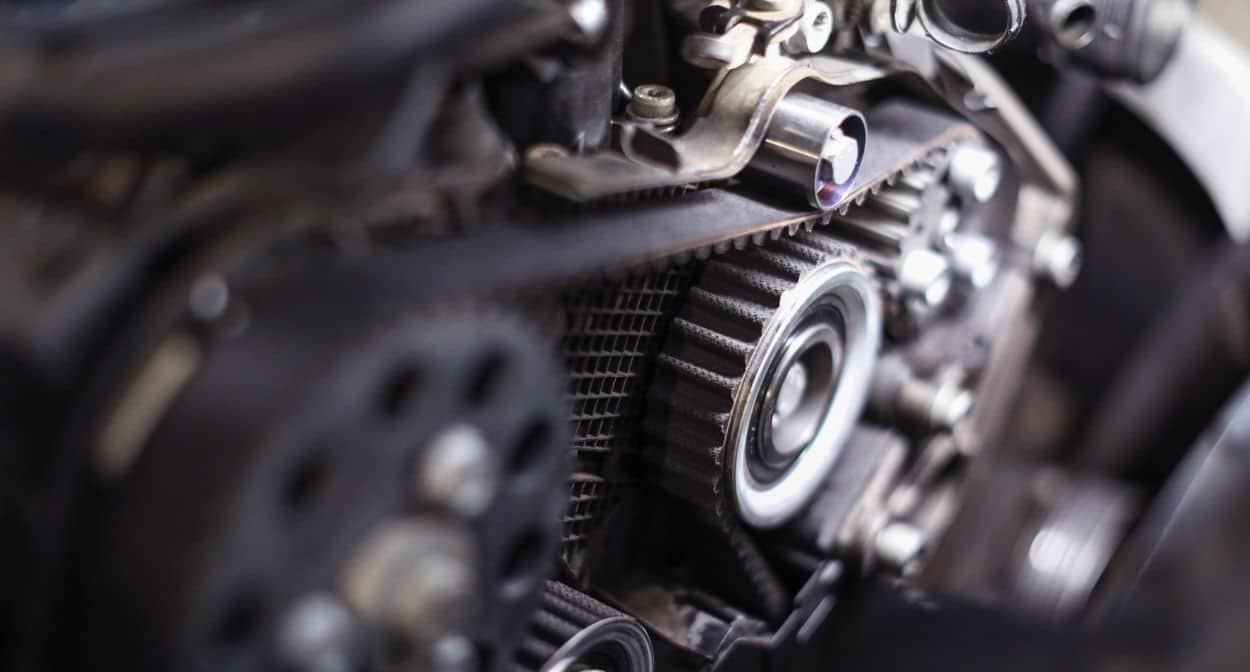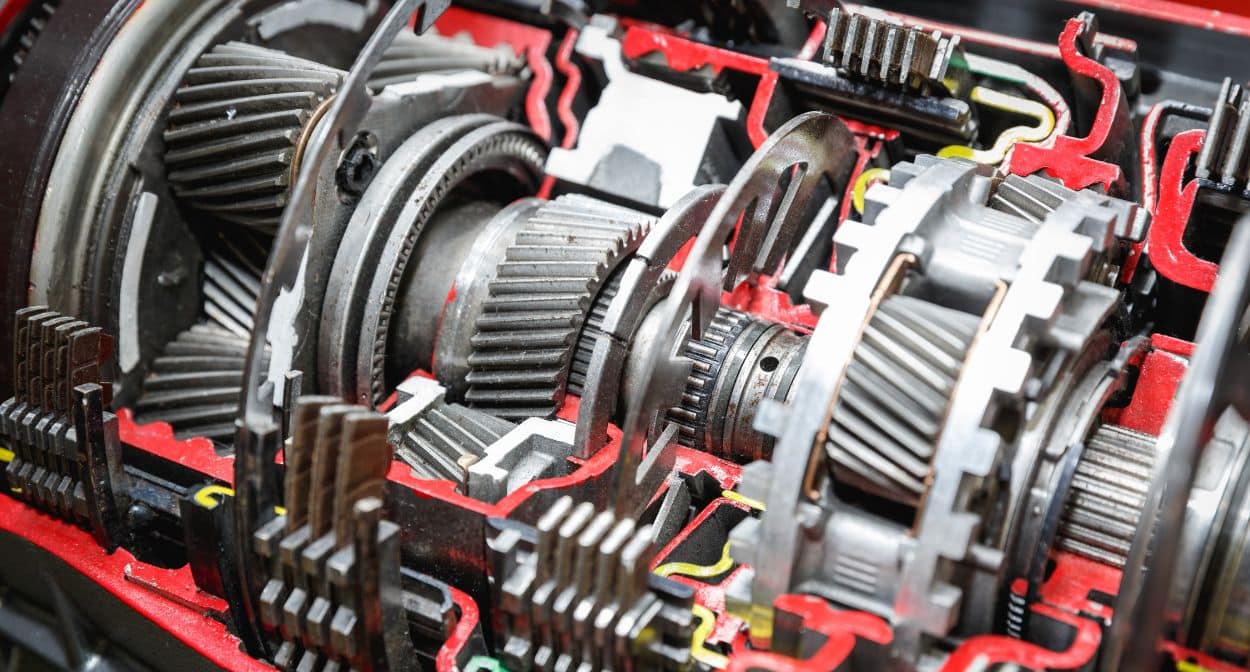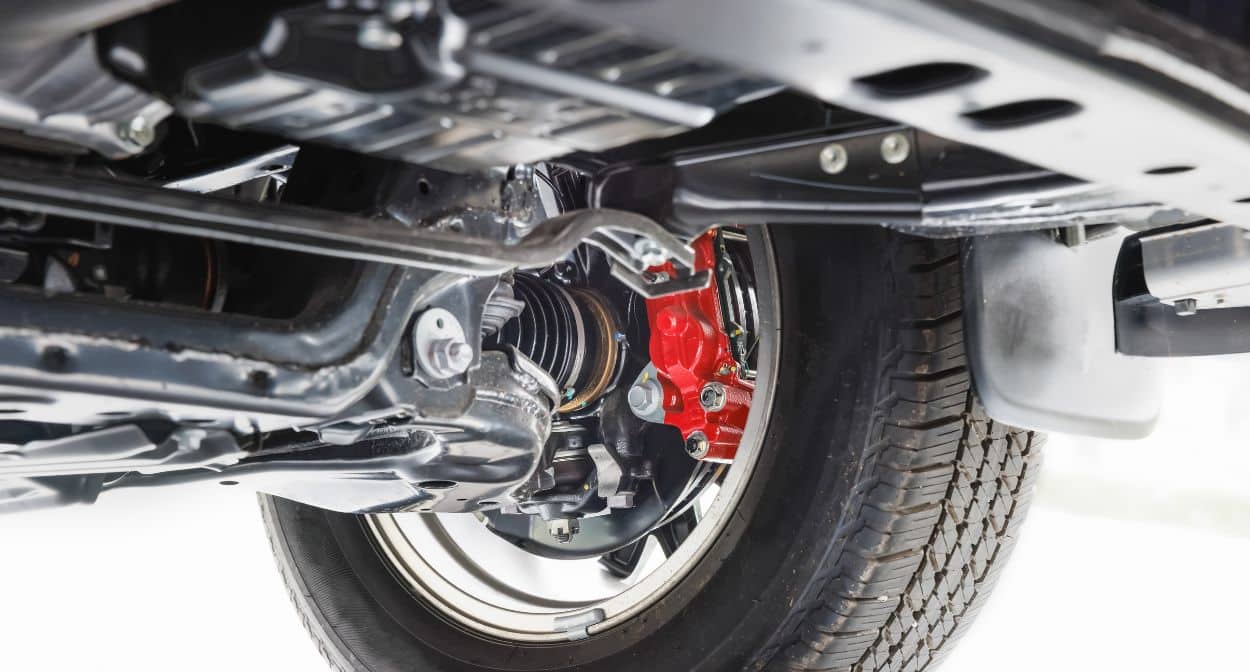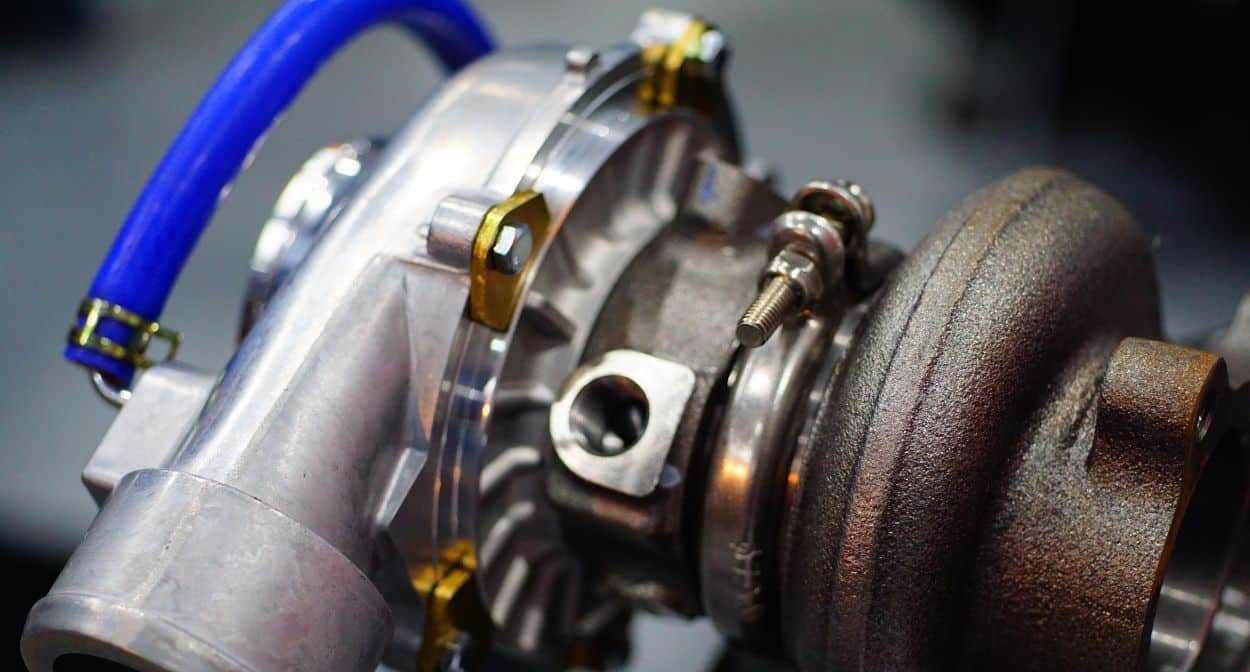Proactive maintenance is key to keeping your German car in peak condition. By staying informed about the most common repair issues and their warning signs, you can take action early and avoid major breakdowns. Whether it’s an issue with the timing chain, electrical system, or turbocharger, knowing how to care for your vehicle properly will save you time, money, and frustration in the long run. In this guide, we’ll cover the ten most common German car repairs and provide practical tips on how to prevent them.
1. Engine Misfires and Ignition Coil Failures

How to Avoid It:
- Replace spark plugs and ignition coils as part of your scheduled maintenance (every 30,000 to 50,000 miles).
- Use high-quality fuel to prevent carbon buildup.
- Regularly inspect ignition components for signs of wear.
2. Timing Chain and Tensioner Failures
Many German cars use timing chains instead of timing belts, which are supposed to last a lifetime. However, issues with timing chain tensioners, particularly in BMW and Audi models, can lead to premature failures, causing catastrophic engine damage.
How to Avoid It:
- Listen for rattling noises during cold starts—this could indicate a problem.
- Change your oil regularly with high-quality synthetic oil to keep the timing components lubricated.
- Have the timing chain tensioner inspected periodically, especially in high-mileage vehicles.
3. Oil Leaks

How to Avoid It:
- Stick to a regular oil change schedule to prevent sludge buildup that weakens seals.
- Inspect under the car for oil spots and check for burning oil smells.
- Address small leaks immediately before they worsen.
4. Coolant System Failures
Many German vehicles suffer from coolant system failures, including water pump leaks and thermostat malfunctions, leading to overheating and engine damage.
How to Avoid It:
- Use manufacturer-recommended coolant and never mix different types.
- Replace water pumps and thermostats proactively (usually every 60,000 to 80,000 miles).
- Check coolant levels and look for leaks regularly.
5. Transmission Problems

How to Avoid It:
- Follow the recommended transmission fluid change intervals, even if the manufacturer claims it is “lifetime” fluid (typically every 40,000 to 60,000 miles).
- Avoid aggressive driving that puts excessive strain on the transmission.
- Address any shifting irregularities immediately.
6. Electrical System Malfunctions
German cars are packed with advanced electronics, making them susceptible to electrical issues such as failing power windows, sensor malfunctions, and lighting failures.
How to Avoid It:
- Keep your battery in good condition and replace it when needed.
- Avoid aftermarket electronics that may interfere with the vehicle’s computer system.
- Perform regular diagnostics to check for fault codes.
7. Suspension Wear and Tear

Luxury German vehicles often use complex multi-link suspension systems that wear out over time, leading to poor handling and excessive road noise.
How to Avoid It:
- Have the suspension system inspected during regular service intervals.
- Replace worn-out bushings, struts, and control arms before they fail completely.
- Avoid rough roads and potholes to reduce suspension stress.
8. Carbon Buildup in Direct Injection Engines
Many German cars use direct injection technology, which can lead to carbon buildup on intake valves over time, reducing engine efficiency and power.
How to Avoid It:
- Perform intake valve cleaning every 50,000 to 70,000 miles.
- Use high-quality fuel and add fuel system cleaners periodically.
- Consider walnut blasting services if your engine experiences power loss.
9. Failing Turbochargers

How to Avoid It:
- Change engine oil regularly to keep the turbo well-lubricated.
- Allow the engine to cool down before shutting off the car after spirited driving.
- Address any loss of power or whining noises immediately.
10. Brake System Wear
High-performance German cars use advanced braking systems, but brake pads, rotors, and sensors tend to wear out quickly due to the heavy vehicle weight and aggressive driving.
How to Avoid It:
- Inspect brake pads and rotors regularly and replace them as needed.
- Use high-quality OEM brake components.
- Avoid excessive braking and practice smooth driving habits.
Final Thoughts
Owning a German car comes with the responsibility of proper maintenance to ensure longevity and peak performance. While these vehicles provide an unparalleled driving experience, neglecting their upkeep can lead to costly repairs. By understanding the most common issues and taking preventive steps, you can avoid unexpected breakdowns and extend the life of your car.
Investing in regular maintenance, using high-quality parts, and staying ahead of potential problems will save you time and money in the long run. Whether you own a BMW, Mercedes, Audi, or Volkswagen, proactive care is the key to keeping your vehicle running smoothly and enjoying its performance for years to come.


